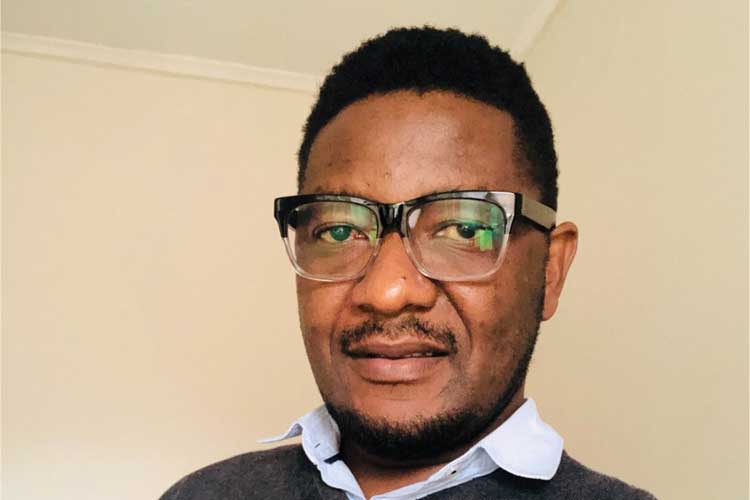The Centre for Human Rights (Centre) , Faculty of Law, University of Pretoria, welcomes the two judgements of the Supreme Court of Mauritius in Ah Seek A.R.F. v The State of Mauritius and Fokeerbux N. A. & Others v The State of Mauritius which decriminalised consensual same-sex sexual conduct between adults.
In Ah Seek A.R.F. v The State of Mauritius, the Supreme Court held that prohibition of discrimination on the grounds of sex in section 16 of the Constitution of Mauritius should be interpreted to include “sexual orientation” and on that basis declared section 250 (1) of the Criminal Code, which criminalised consensual same-sex sexual conduct between men, unconstitutional and discriminatory. In passing its decision, the Court recognised the colonial origins of section 250(1) and said that the recognition of sexual orientation as a prohibited ground of discrimination under section 16 of the Constitution is based on the idea that ‘the Constitution is a living document and must be given a generous and purposive interpretation’. The Supreme Court took the same position in Fokeerbux N. A. & Others v The State of Mauritius holding that
Section 250 (1) criminalises the only natural way for the plaintiffs and other homosexual men in Mauritius to have sexual intercourse, whereas heterosexual men are permitted the right to have sexual intercourse in a way which is natural to them.
In both cases the Supreme Court relied on cases from other jurisdictions including Belize, Botswana, Canada, Hong Kong, India, South Africa and the United States. It also relied on the landmark decision of the United Nations Human Rights Committee in Toonen v Australia.
In light of recent repressive laws being passed and proposed in other parts of Africa, the Centre welcomes the decisions of the Supreme Court of Mauritius as a positive step towards the protection of sexual and gender minorities. Mauritius joins other Southern African countries namely Angola, Botswana, Lesotho, Mozambique, Seychelles, and South Africa in decriminalising same-sex sexual acts, signalling a progressive outlook for the region. The Centre calls on the government of Mauritius to take the necessary steps to ensure the full implementation of the decision of the Supreme Court.
The Centre urges other African states to decriminalise their laws against same-sex sexual acts between consenting adults and to recognise sexual orientation and gender identity as prohibited grounds of discrimination. The Centre further calls on African states to implement their human rights obligations towards sexual and gender minorities such as the African Commission on Human and Peoples’ Rights Resolution 275 on Protection against Violence and other Human Rights Violations against Persons on the basis of their real or imputed Sexual Orientation or Gender Identity. As part of its work to contribute towards the protection on sexual and gender minorities, the Centre will be hosting a conference on sexual and gender minority rights in Africa on 23 November 2023, focusing on decriminalisation of anti-sodomy law.
For further information, contact:

Tel: +27 (0) 12 420 4397
landilani.banda@up.ac.za

Tel: +27 (0) 12 420 3151
ch.vanderlinde@up.ac.za
